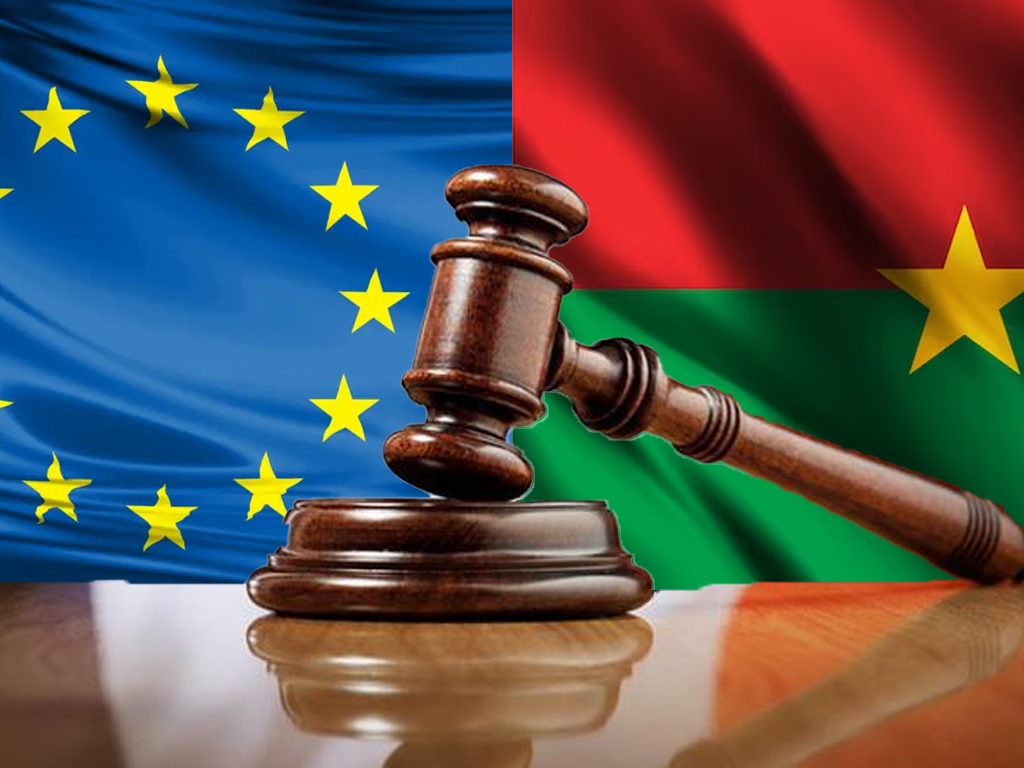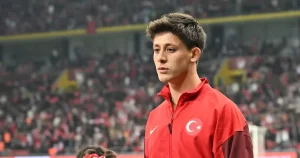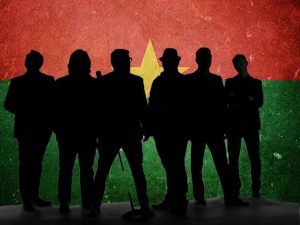Burkina Faso / The European Union and selective injustice: Why the relentless attack on Faso?

The European Union (EU) is facing criticism over what some perceive as an inconsistent approach to condemning global violence. While the EU has been vocal in its concerns about the security situation in Burkina Faso, it appears less outspoken about similar crises in other parts of the world, such as Côte d’Ivoire, Gaza, and the Democratic Republic of Congo (DRC).
The intense pressure placed on the government of Burkina Faso’s President Ibrahim Traoré, particularly regarding how the country handles internal violence, contrasts sharply with the EU’s more muted response to equally severe conflicts elsewhere.
This differential treatment has raised questions about the EU’s true motivations. Some analysts suggest that the EU’s approach toward Burkina Faso may be driven more by geopolitical or economic interests than by a genuine commitment to universal justice.
While the EU has been quick to demand accountability from Burkina Faso’s government, it has not applied the same level of scrutiny to the Ivorian authorities over killings in Côte d’Ivoire, or to Israel regarding the violence in Gaza.
Similarly, the atrocities occurring in the DRC have not prompted a diplomatic response on par with the one directed at Burkina Faso.
This perceived double standard is drawing increasing criticism, with many accusing the EU of applying selective pressure, which could undermine its credibility as a defender of human rights.
Critics are urging the EU to adopt a more balanced and fair approach to international crises, warning that allowing human rights concerns to be manipulated for political or strategic purposes risks eroding the integrity of its diplomacy.
To maintain its global standing as an advocate for justice, the EU must ensure consistency in its diplomatic actions, applying the same principles across all conflicts, regardless of location or strategic interest.
Ali Zoungrana











